20 Hidden Gems in the Criterion Channel
For years, The Criterion Collection — a vast trove of historic and important world cinema — has searched for a streaming home for its film offerings. Once on Hulu, then Filmstruck, it seems the collection has found a permanent place on The Criterion Channel. As a streaming service, it isn’t the simplest platform (launching it with some devices can be tricky or outright incompatible). But if you can manage to set it up, you’ll gain access to a treasure chest of culture. Flipping through the more than 2,000 movies might be a daunting task, so I’m pleased to report that I’ve spent much of the last 10 years bingeing Criterion films to offer a list of good starters and standouts.
In the Mood for Love (2000)
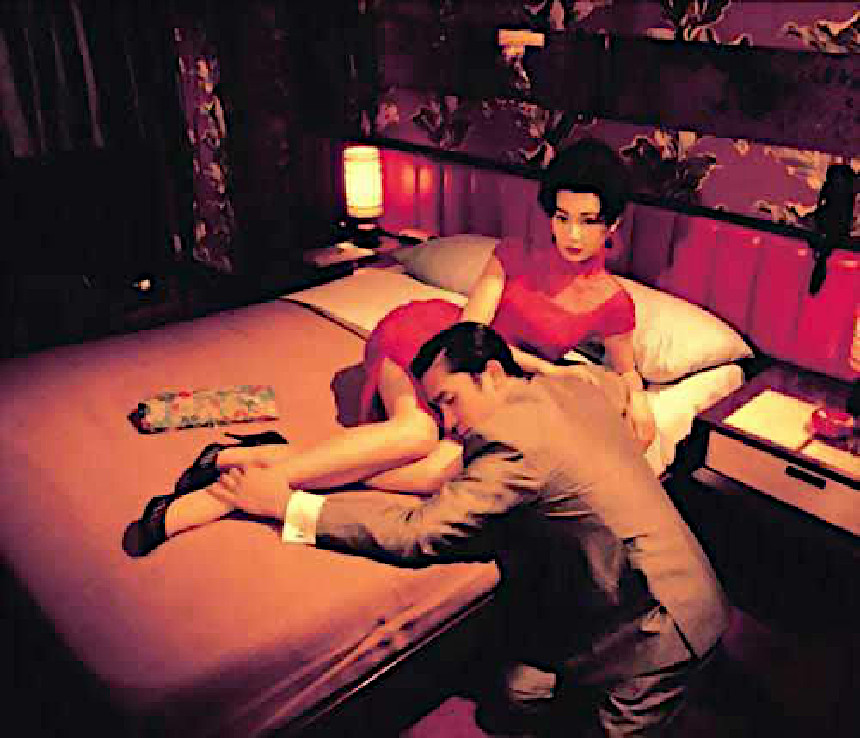
Guru of kaleidoscopic cinema Wong Kar-Wai’s intimate masterpiece builds romantic suspense through an unlikely bond between two neighboring professionals in 1960s Hong Kong. With elegant, heartbreaking performances and a sensory feast of sight and sound, Wong Kar-Wai has created a tense and sympathetic story that must be experienced.
The Player (1992)
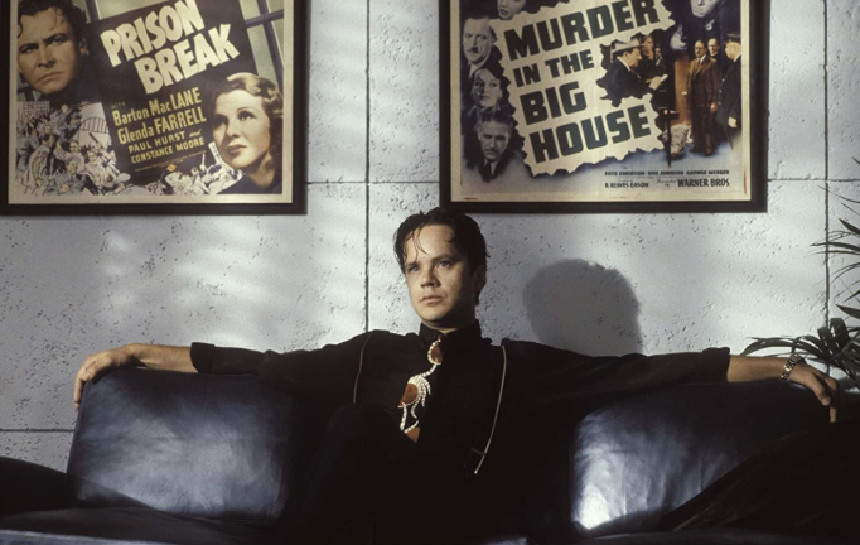
After making his reputation with some big ensemble movies like M*A*S*H and Nashville, Robert Altman made his triumphant return to Hollywood success with this quick-witted satire of the vacuousness of Hollywood itself. It’s devastatingly sharp and funny, and everyone is in it: Burt Reynolds, Whoopi Goldberg, Bruce Willis, James Coburn, Sydney Pollack, Jack Lemmon, Cher. Criterion provides ample extras, like deleted scenes and commentary from Altman himself. By the end, you’ll be working on your elevator pitch for your own screenplay.
La strada (1954)
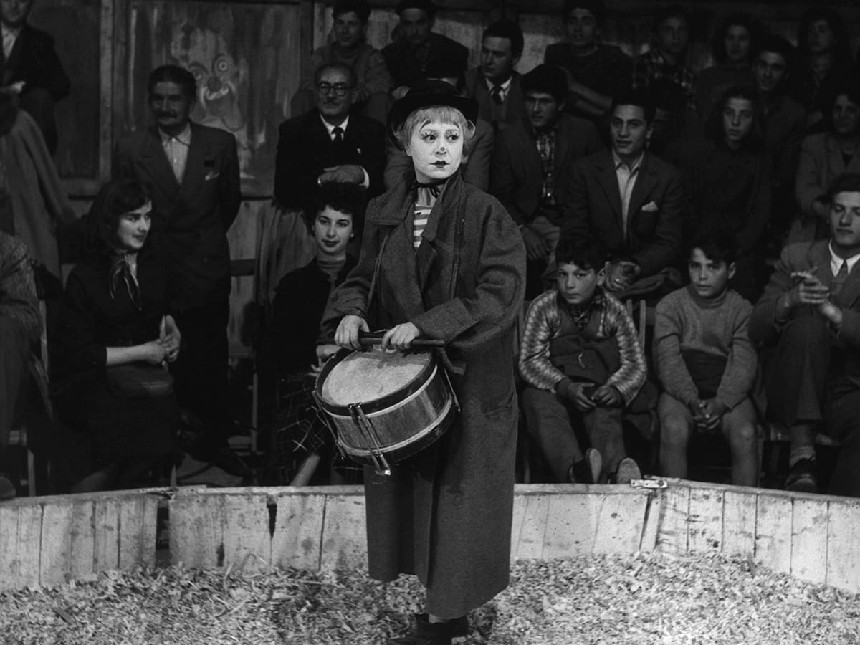
Italian cinema dynamo Federico Fellini directs his wife Giulietta Masina in a whimsical and tragic tale of a traveling sideshow performer and his endearing assistant. La strada, or The Road, won the Oscar for Best Foreign Language Film and marked the start of Fellini’s signature poetic style. Watch Juliet of the Spirits for a more surreal team-up of Fellini and Masina.
Grey Gardens (1976)
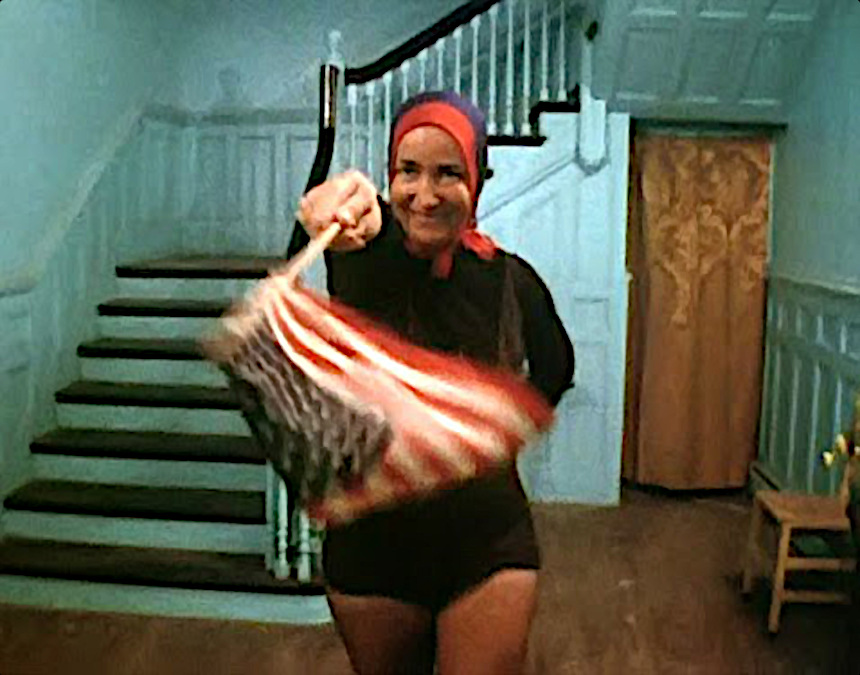
A cult classic documentary on Jackie O.’s reclusive, cat-loving cousins, this portrait of a mother and daughter living in a deteriorating East Hampton mansion offers a rich — and often hilarious — contemplation of the American dream for eccentrics and misfits.
Tie Me Up! Tie Me Down! (1990)
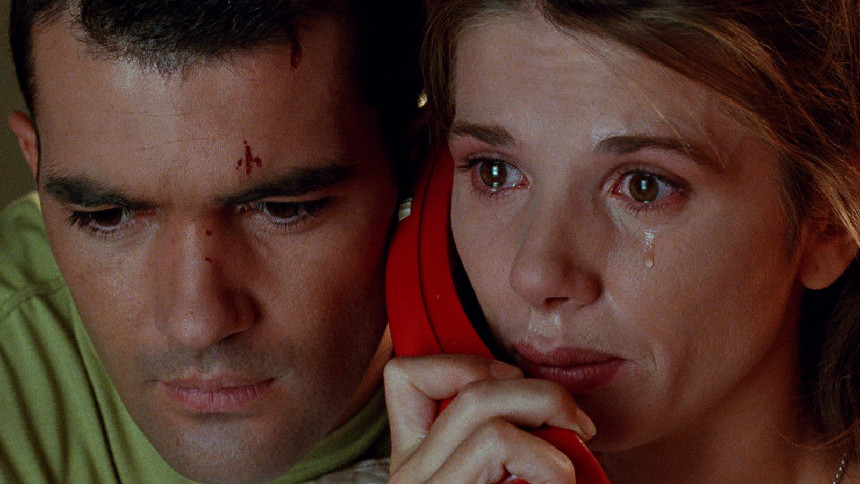
For an evening of bonkers, sexy fun, stream a film by Spain’s own Pedro Almodóvar. Antonio Banderas plays a released psychiatric patient who kidnaps a porn star to make her fall in love with him. With a vivid, economical approach to storytelling, the campy auteur inhabits a world of his own, where romance and danger are often puzzlingly intertwined.
White Material (2009)

A white woman in a former French colony in Africa insists on staying with her coffee plantation even as a civil war rages around her in Claire Denis’s unflinching look at colonialism and family bonds. Isabelle Huppert gives an all-in performance, depicting the crazed desperation of a woman fighting for her legacy against forces she can’t understand.
Monsieur Verdoux (1947)
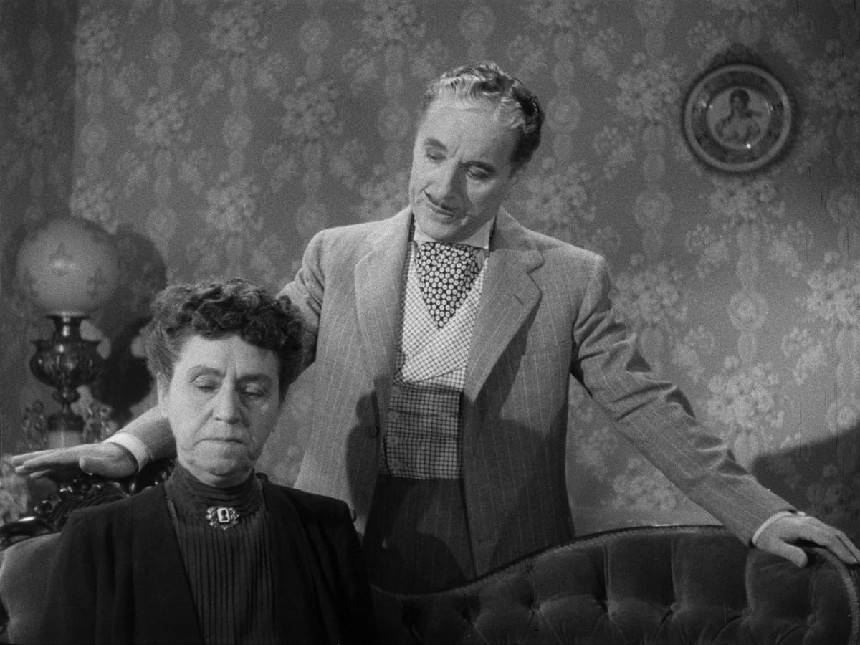
If you’ve never heard Charlie Chaplin’s voice, this uproarious black comedy is the perfect opportunity to witness the Little Tramp in a completely different light: he plays a modern bluebeard, scamming and murdering old women to get by.
Smiles of a Summer Night (1955)
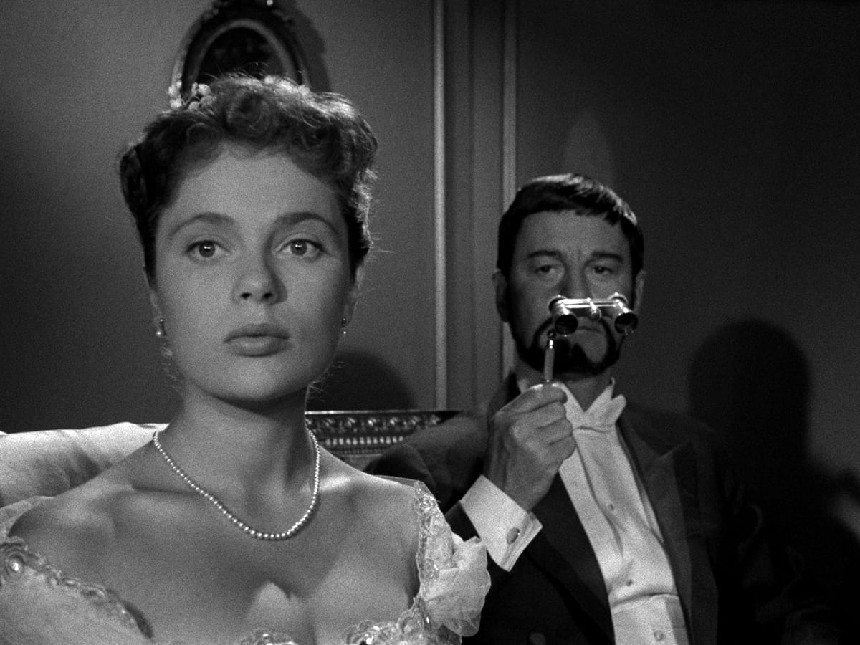
Whether or not he was the greatest filmmaker to have ever lived, Swede Ingmar Bergman was capable of more than heady, molasses-paced existential dramas, as evidenced by this mid-career witty sex comedy. Smiles proved to be Bergman’s first global success and remains the most accessible of his films.
Daughters of the Dust (1991)
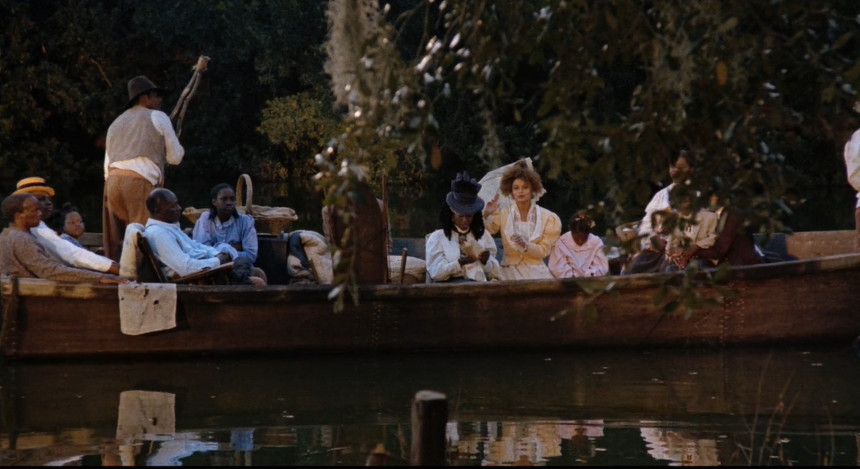
Julie Dash made history when she wrote, directed, and produced this fictionalized portrayal of her Gullah heritage. The film was the first from an African-American woman to have theatrical release in the United States. Her raw, intimate portrait of Gullah women at the turn of the century chronicles a transformative time: a group has decided to leave their island home off the coast of South Carolina to live on the mainland, risking the preservation of their culture in search of opportunity.
God’s Country (1985)
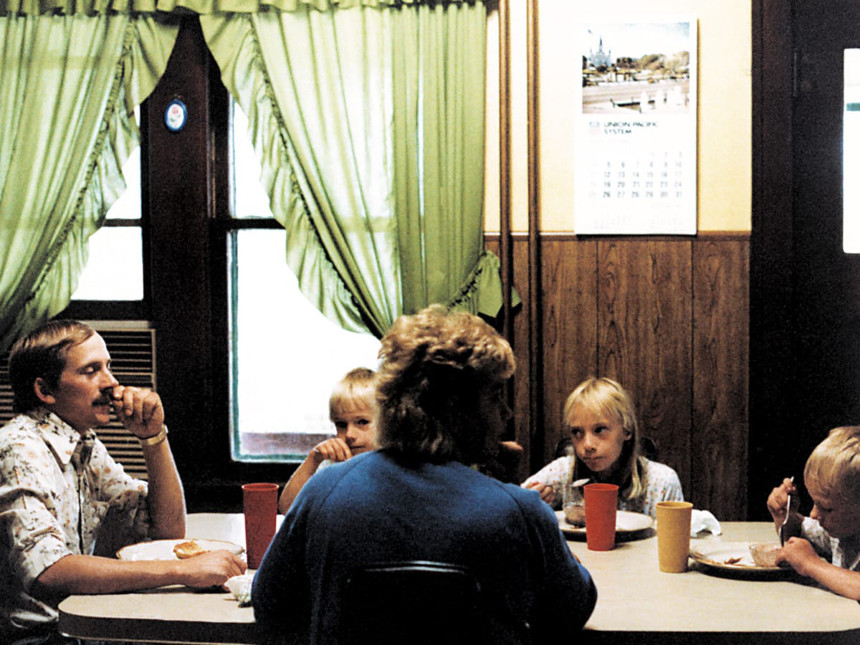
French director Louis Malle traveled to the American Midwest in 1979 to document the lives of several inhabitants of Glencoe, Minnesota, and, when he returned, in 1985, economic frustrations and cultural changes had rocked the farming town. The resulting documentary is a candid and honest look at the American “heartland” and its people through the eyes of a foreigner.
Leviathan (2012)

Created by the Sensory Ethnography Lab at Harvard, this experimental documentary — perhaps more-so than any other — makes the viewer feel as though they are actually in it. “It” is a fishing boat off New Bedford, Massachusetts. The extreme closeups and roaming shots are accompanied by hauntingly comprehensive sound engineering that dives underwater and into the daily lives of working men at sea.
Elevator to the Gallows (1958)

A jazzy, twisting thriller, it’s the stunning debut of director Louis Malle and the breakout performance of Jeanne Moreau, who would go on to an unbelievably illustrious career. Elevator set the stage for a new level of expressive film storytelling in France — and elsewhere — depicting two lovers’ unraveling desperation as their murderous plot goes haywire. And they got Miles Davis to improvise the score.
The Exterminating Angel (1962)
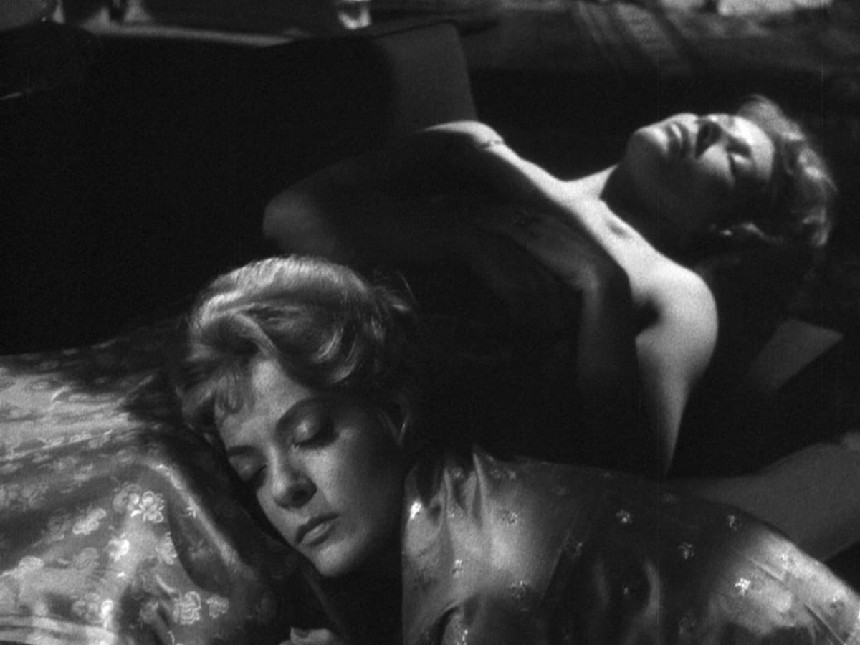
Rumor has it that Stephen Sondheim’s next Broadway musical will be a sort of adaptation of Luis Buñuel’s 1962 surrealist dinner party farce. Buñuel, the same director who shocked viewers at the dawn of cinema with his iconic eye-slicing short film Un Chien Andalou, went on to pioneer absurdist filmmaking throughout the 20th century. In Angel, a neverending bourgeois dinner party exposes the inanity and fragility of the upper class.
Foreign Correspondent (1940)
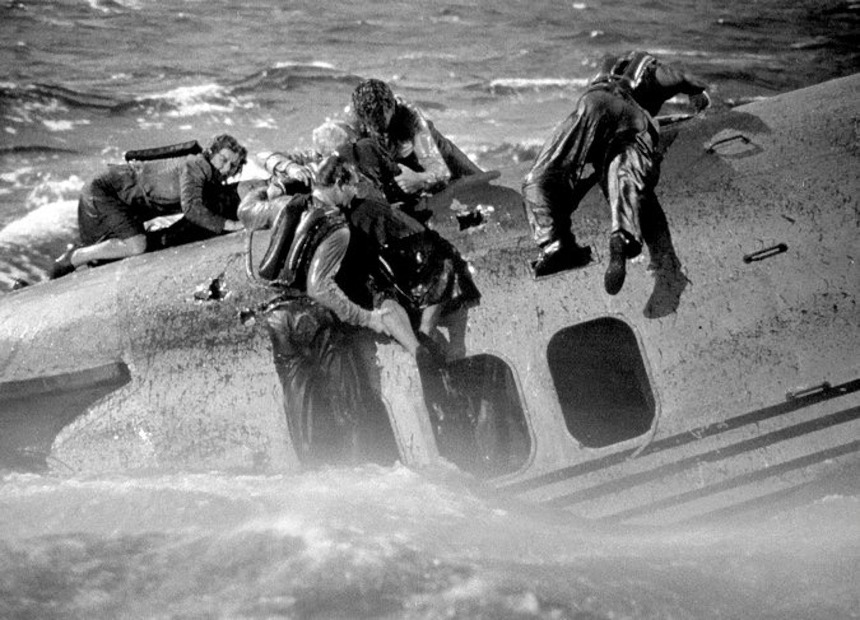
Hitchcock’s second American film, Foreign Correspondent, lost the Best Picture Oscar to Hitchcock’s first American film, Rebecca. The former is a lesser-known rollercoaster of a masterpiece from the master of suspense, following a reporter (Joel McCrea) who stumbles onto an enormous espionage story and finds danger at every turn. Rebecca is also a must-see, but unfortunately it isn’t streaming anywhere currently.
Vivre sa vie (1962)

Most critics would cite Breathless and The 400 Blows as unmissable films of the French New Wave movement (and they’re right), but to take in a unique and utterly watchable expression of the era, go with Godard’s benchmark flick about the tragicomic arc of an aspiring Parisian actress. There’s striking black-and-white cinematography, rock and roll, and a whole lot of smoking.
Claire’s Knee (1970)
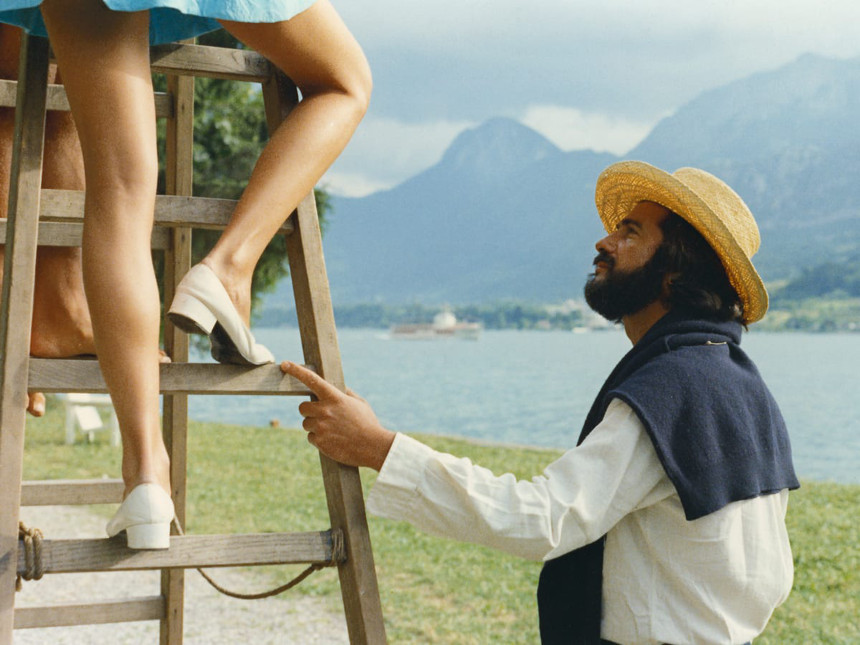
The stunning color photography of the French Alps is only the first thing to notice about this deviant and sensual “moral tale.” With its casual, meandering plot of problematic seduction, Claire’s Knee is not for everyone, but smart dialogue and nuanced performances keep it in the French canon.
Walkabout (1971)
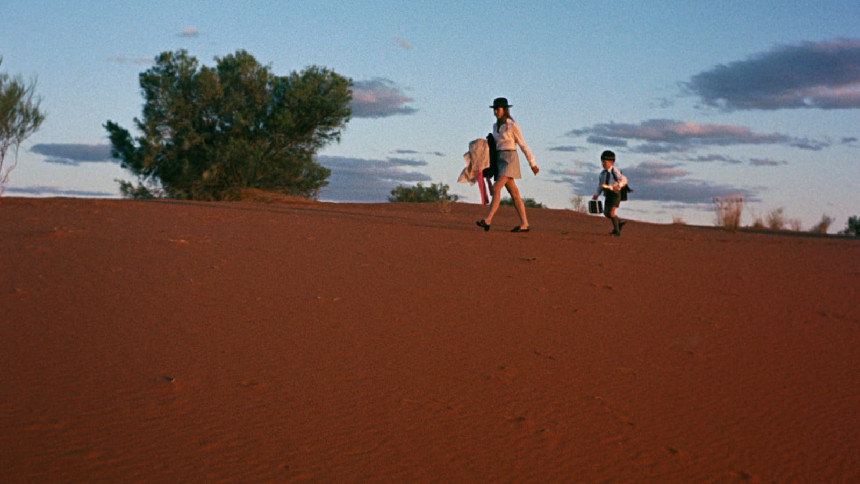
Two young British siblings are stranded in the Australian outback and befriend an Aboriginal boy undergoing his traditional rite of passage. This thought-provoking and disorienting film (from the director of the cult family fantasy The Witches) explores adolescence and the brutality of colonialism in Australia.
Anatomy of a Murder (1959)
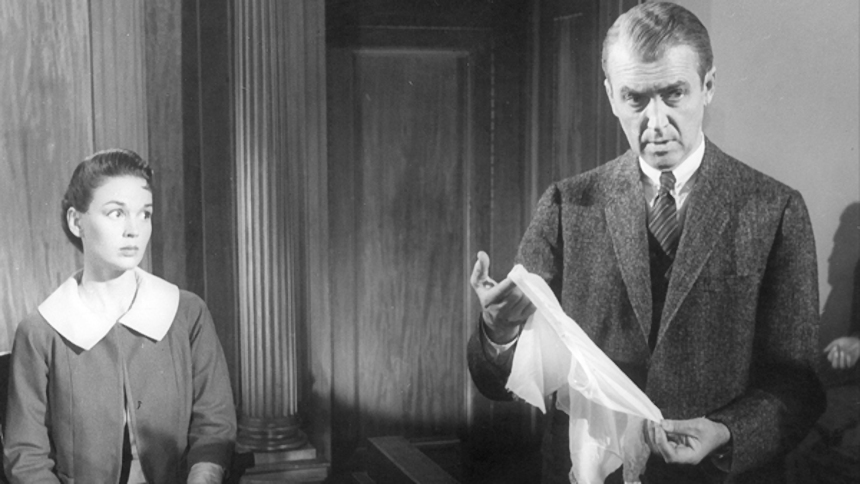
Jimmy Stewart. Otto Preminger. George C. Scott. Duke Ellington. This racy courtroom drama holds up in every way, from its complicated treatment of morality and justice to Preminger’s sophisticated, masterful camerawork.
Throne of Blood (1957)
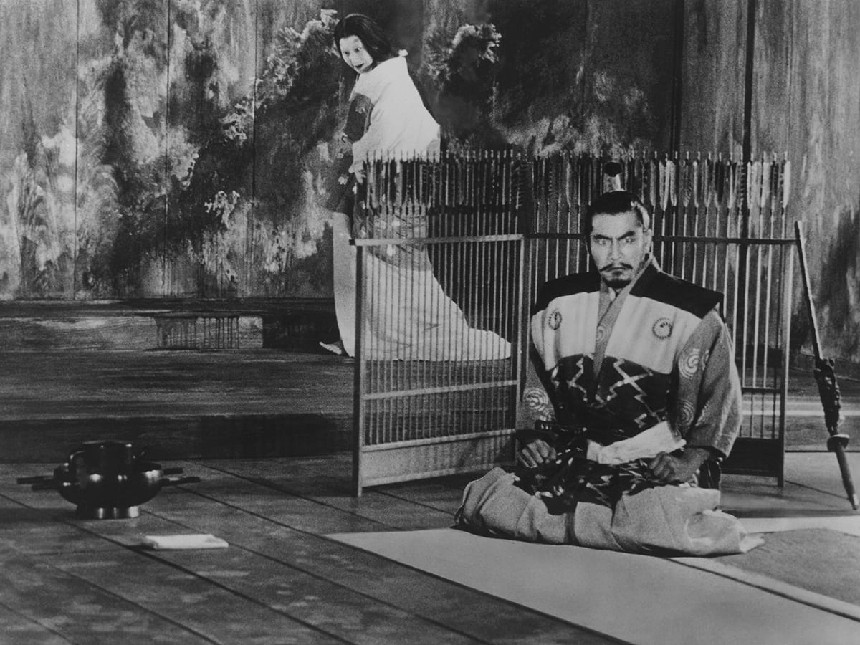
You could spend hours watching Akira Kurosawa’s films on the Criterion Channel, and there wouldn’t be a second wasted. The Japanese director cemented his status as a visual storytelling icon with films such as Rashomon and Seven Samurai, influencing American westerns, thrillers, and virtually every major director across the globe. In Throne of Blood, Kurosawa tells the story of Macbeth with samurais in feudal Japan, mixing traditional Japanese theatre with a Western classic.
An Elephant Sitting Still (2018)
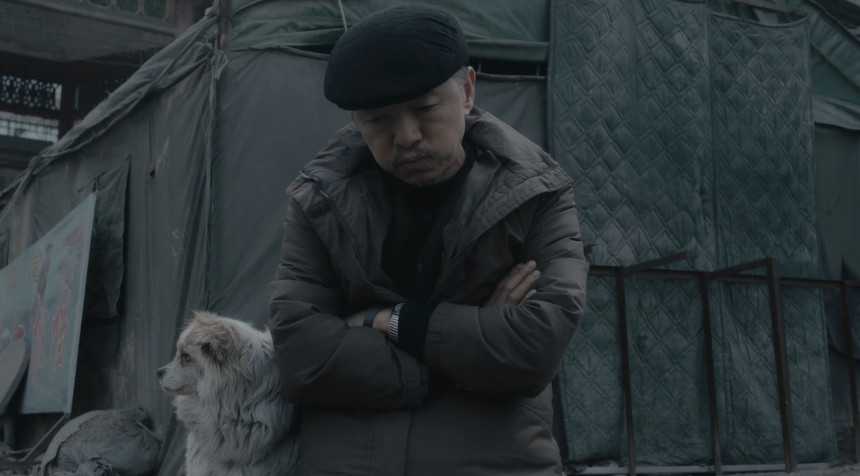
A sweeping, four-hour journey through the lives of various characters crushed by the weight of life’s disappointments, Hu Bo’s only film was released a few years ago to resounding praise for its brutal honesty and stark realism in depicting working-class Chinese. A difficult, but rewarding, viewing experience, Elephant is a unique, roving ride through people and their problems, offering no easy solutions.
Featured image: Les Films du Losange and The Criterion Collection